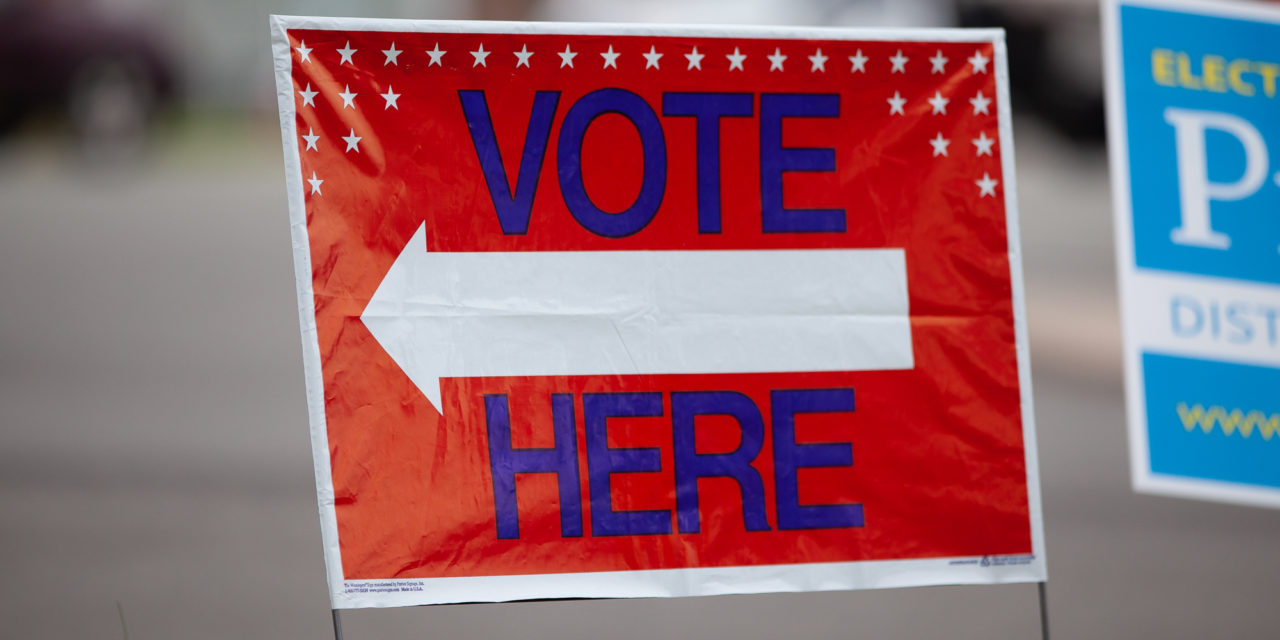A state trial began Monday in a lawsuit challenging when voting rights are restored for convicted felons in North Carolina.
Three Superior Court judges heard opening statements and the initial testimony in Wake County court.
Several civil rights groups and ex-offenders sued legislative leaders and state officials in 2019, challenging a 1970s-era law laying out restoration requirements. They allege the rules violate the state constitution, unduly hurt Black residents and discourage voting by those who have fulfilled their sentences. Tens of thousands of North Carolina residents could be affected.
State law says felons can register to vote again once they complete all aspects of their sentence, including probation and parole. The lawsuit seeks to have those post-incarceration restrictions struck down and to ensure felons not sentenced to active prison time retain their voting rights.
In a 2-1 decision in September 2020, the same judges ruled that a portion of the law requiring felons to pay all monetary obligations before voting again was unenforceable because it made voting dependent on one’s financial means. That allowed more people to vote in last November’s election.
Monday’s trial, which is expected to last about a week, focuses on the remaining requirements.
Lawyers representing those who were sued said the law doesn’t violate constitutional rights because it treats all people convicted of felonies the same by withholding the right to vote.
The current North Carolina Constitution forbids a person convicted of a felony from voting “unless that person shall be first restored to the rights of citizenship in the manner prescribed by law.” But the plaintiffs say the restrictions violate other portions of the constitution, like those addressing free speech and equal protections.
Monday’s witnesses included a Clemson University professor who testified that an 1875 felony disenfranchisement amendment to the constitution was designed to intentionally prevent Black residents from voting after the Civil War.
A lawyer for the legislative leaders acknowledge in a brief that for much of the state’s history felony disenfranchisement was used to exclude African Americans from voting. But there is no evidence the 1970s law was motivated by discriminatory intent — rather, it was designed to help Black residents by removing obstacles to voting, the attorneys wrote.
Twenty states automatically restore voting rights for convicted felons when they’re released from prison, while about 15 states restore those rights upon completion of their sentence, including probation and parole, according to the Brennan Center for Justice.
Related Stories
‹
![]()
Judge Strikes Down North Carolina Law on Prosecuting Ex-Felons Who Voted Before 2024A federal judge has halted the enforcement of a North Carolina law that made it a serious crime for someone to vote while still on probation or parole for a felony conviction when they had simply violated the voting law by mistake.
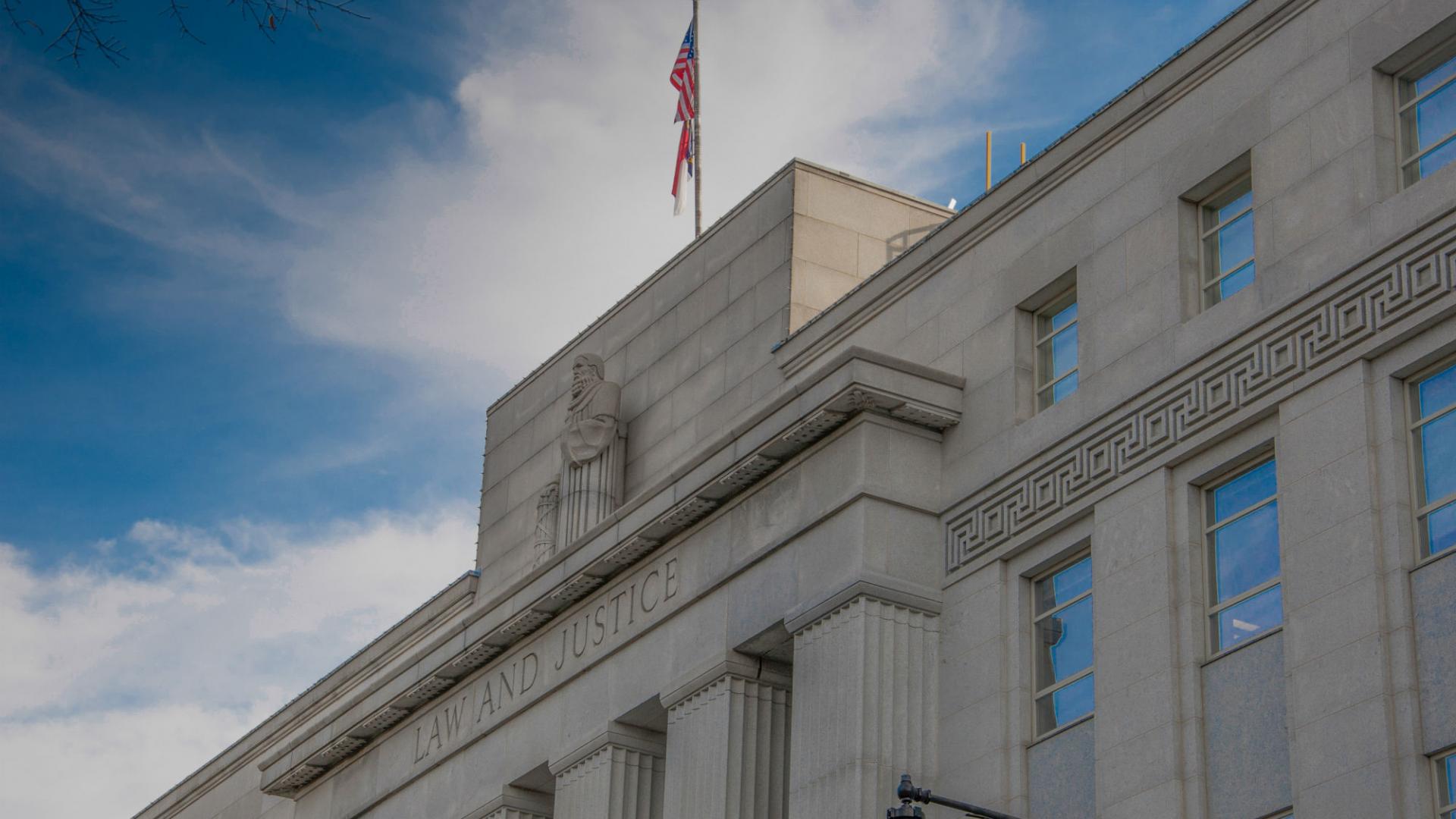
N. Carolina Justices Hand GOP Big Wins with Election RulingsWritten by GARY D. ROBERTSON In massive victories for Republicans, the newly GOP-controlled North Carolina Supreme Court on Friday threw out a previous ruling against gerrymandered voting maps and upheld a photo voter identification law that colleagues had struck down as racially biased. The partisan gerrymandering ruling should make it significantly easier for the Republican-dominated legislature […]

NC Supreme Court Taking Over Appeal on Voting by OffendersWritten by GARY D. ROBERTSON The North Carolina Supreme Court said on Friday it would take over a lawsuit seeking to change when felony offenders can vote again, rather than wait for intermediate-level appeals judges to decide whether it was right for a trial court to loosen restrictions. The justices agreed to a motion filed by […]
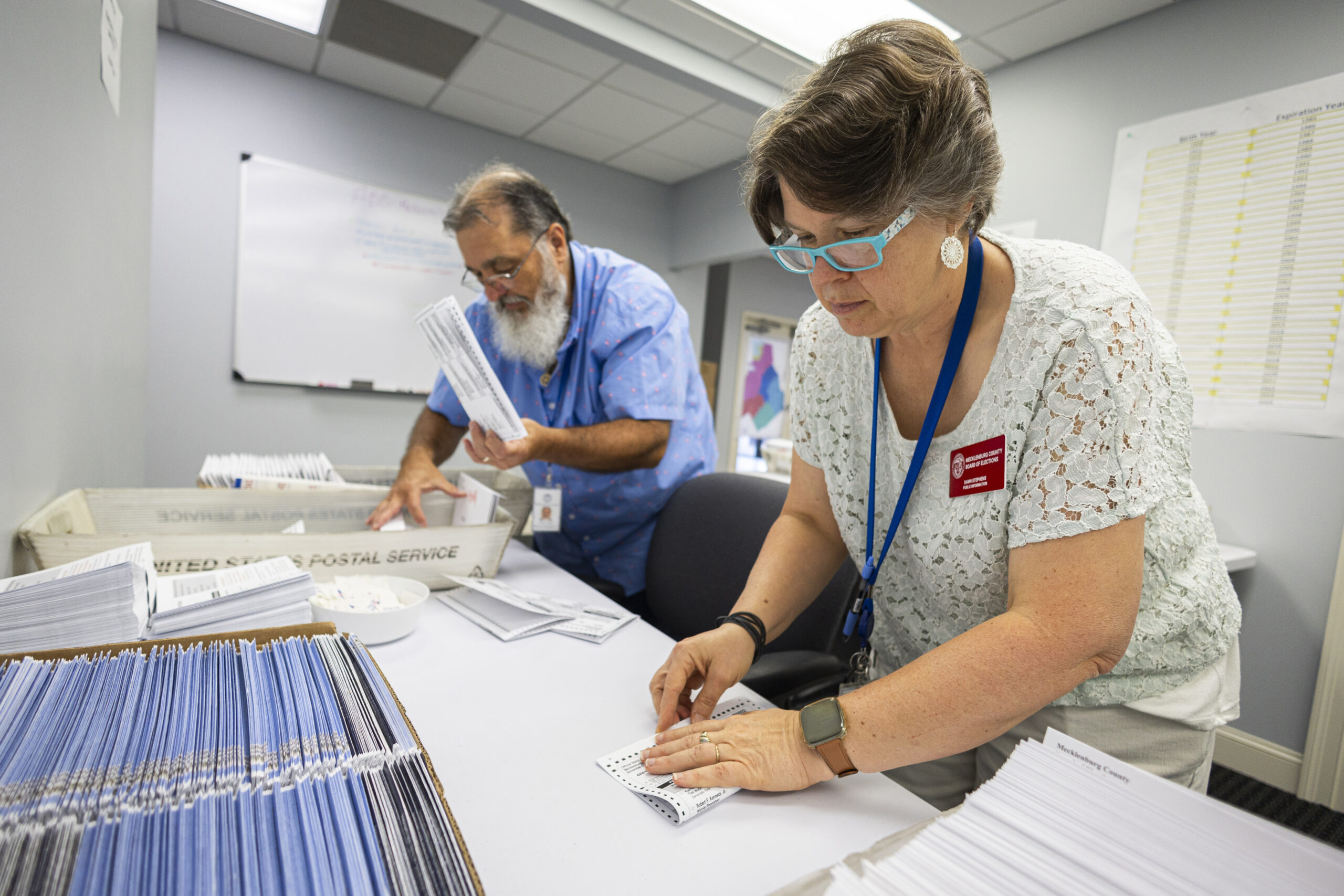
Several States Are Making Late Changes to Election Rules, Even as Voting Is Set To BeginNew or recently altered state laws are changing how Americans will vote, tally ballots, and administer and certify November’s election.
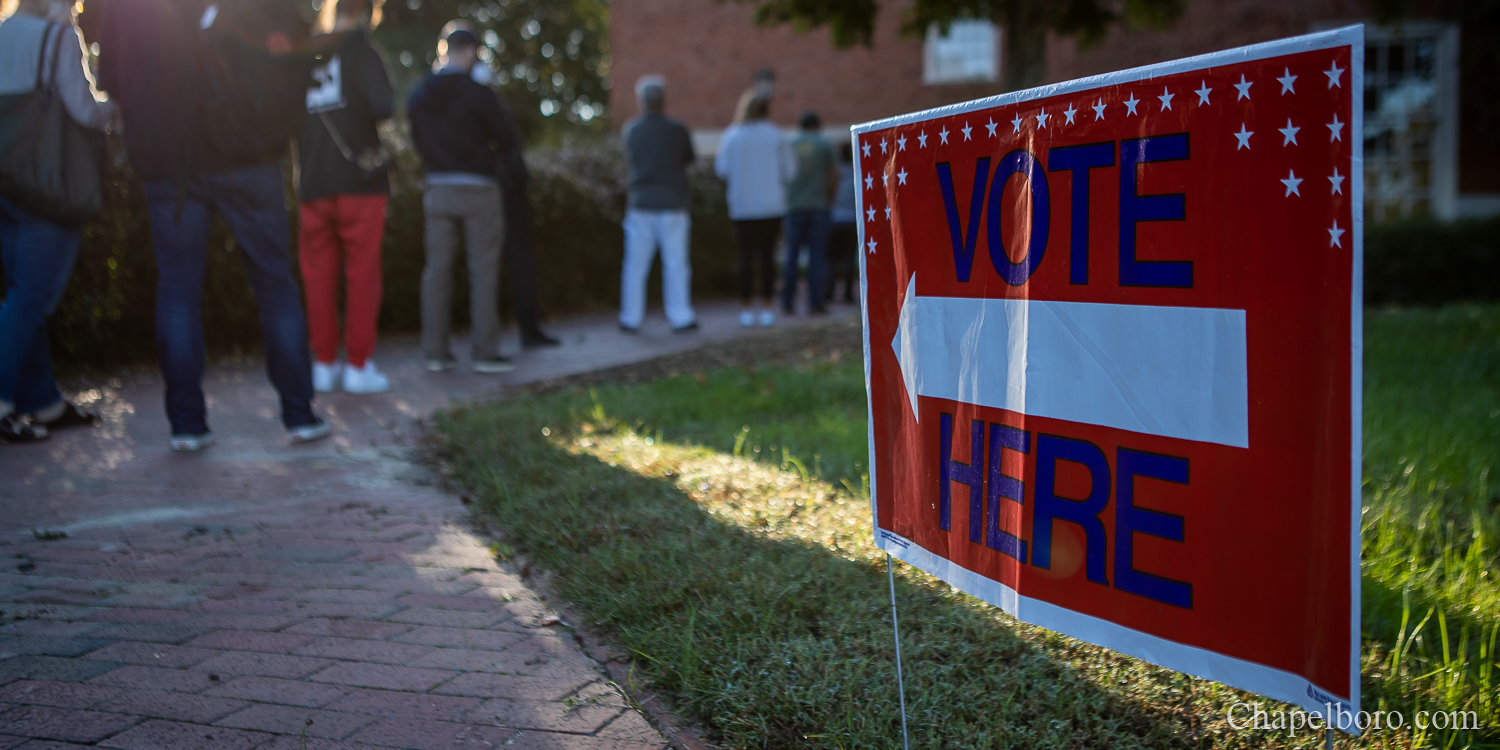
North Carolina Republicans Seek Fall Referendum on Citizen-Only Voting in ConstitutionNorth Carolina Republican legislators advanced a proposed constitutional amendment to make it clear only U.S. citizens can vote in the state.
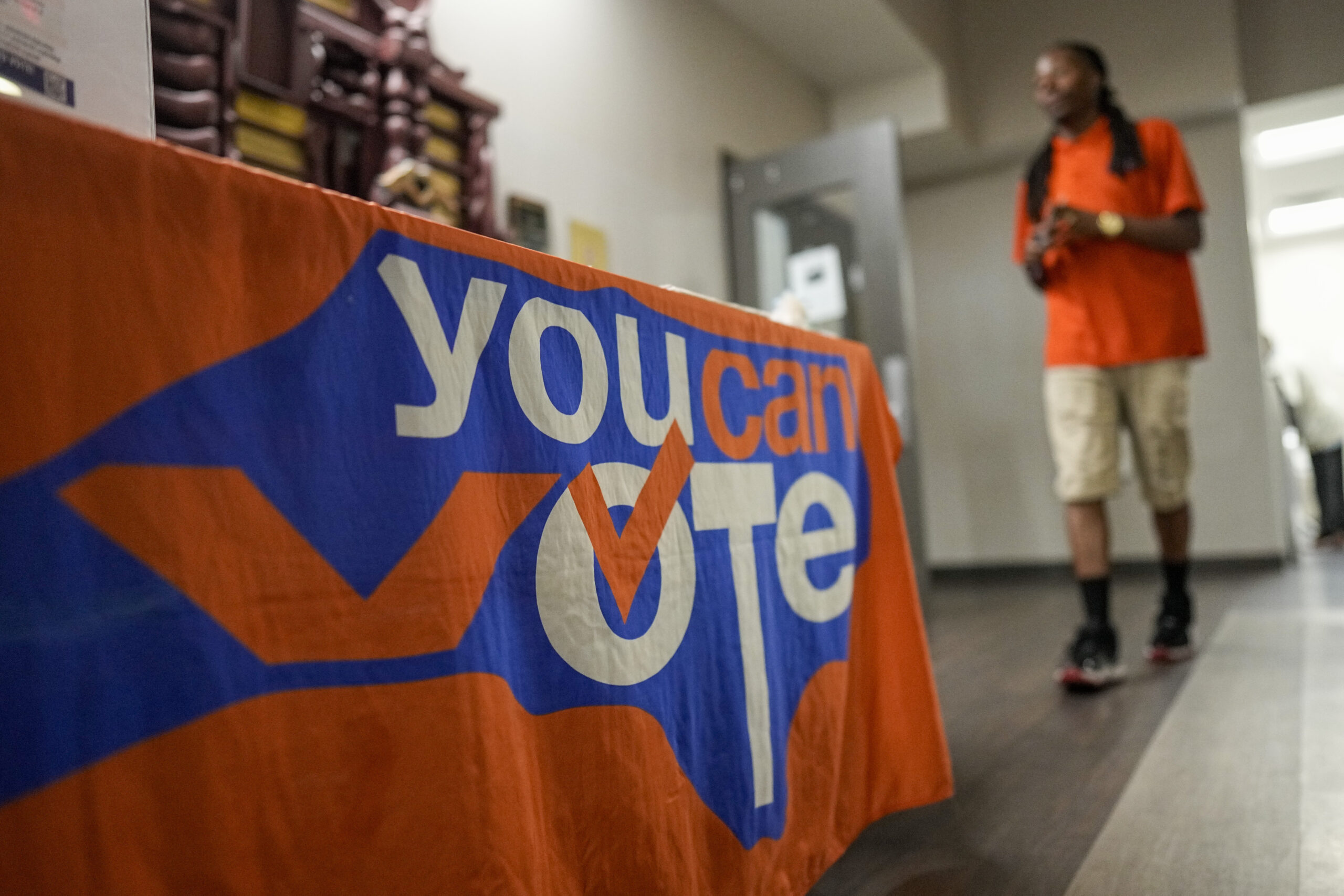
North Carolina Voter ID Trial Rescheduled Again for Spring in Federal CourtA five-year-old federal lawsuit challenging North Carolina's new photo voter identification mandate is now set to go to trial in the spring.
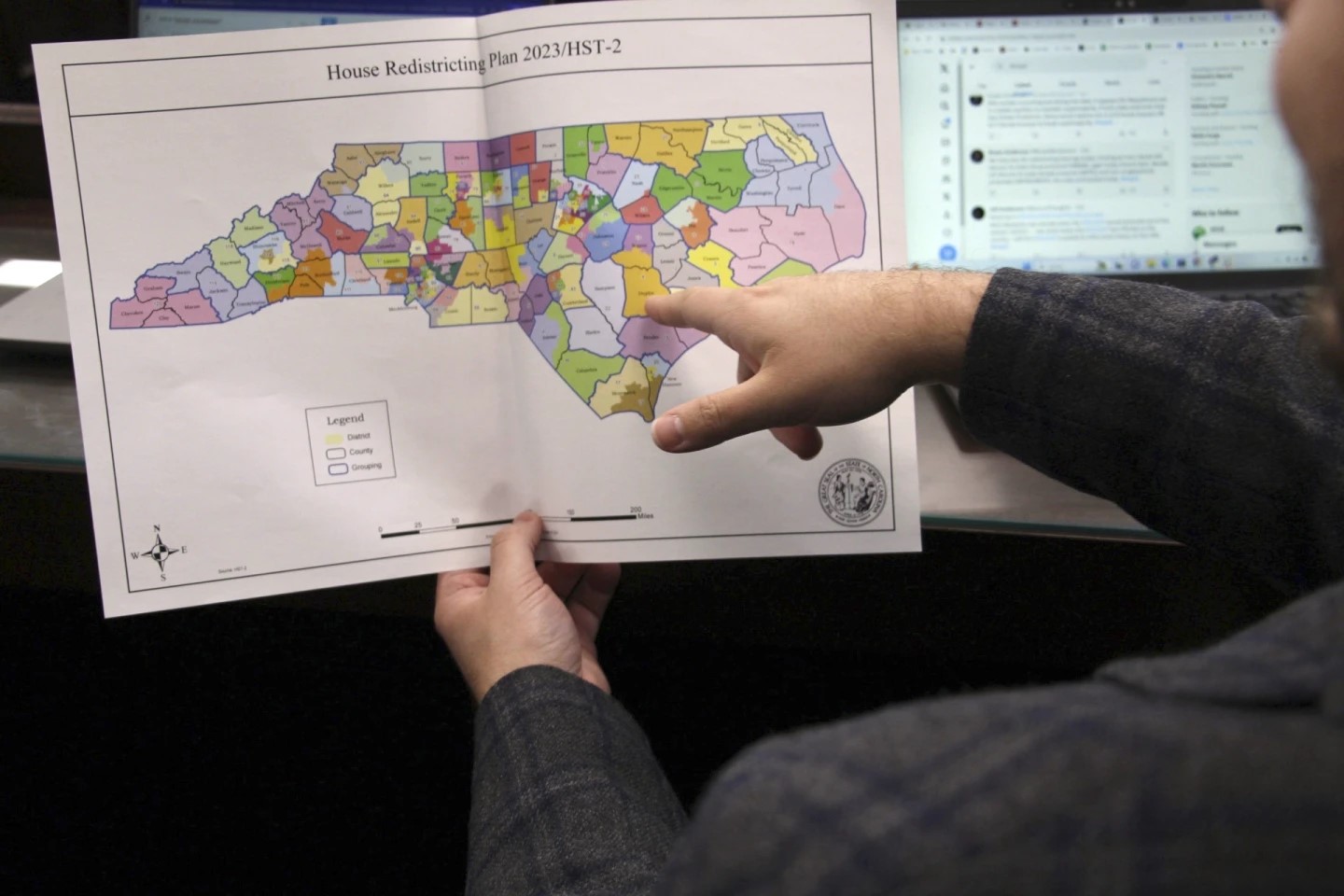
New North Carolina State Senate Districts Remain in Place as Judge Refuses to Block Their UseWritten by GARY D. ROBERTSON A judge refused Friday to prevent the use of two North Carolina Senate districts drawn by Republican legislators starting with the 2024 elections and to order them replaced with boundaries that lawsuit plaintiffs argue would more likely ensure Black voters can elect a preferred candidate in one of them. U.S. […]
![]()
N. Carolina Justices Could Revive Voter ID Previously TossedWritten by GARY D. ROBERTSON A photo voter identification mandate first sought over a decade ago by North Carolina Republicans could be revived after the state Supreme Court reheard on Wednesday a case that led a different combination of justices a few months ago to strike down a voter ID law. The justices agreed last […]
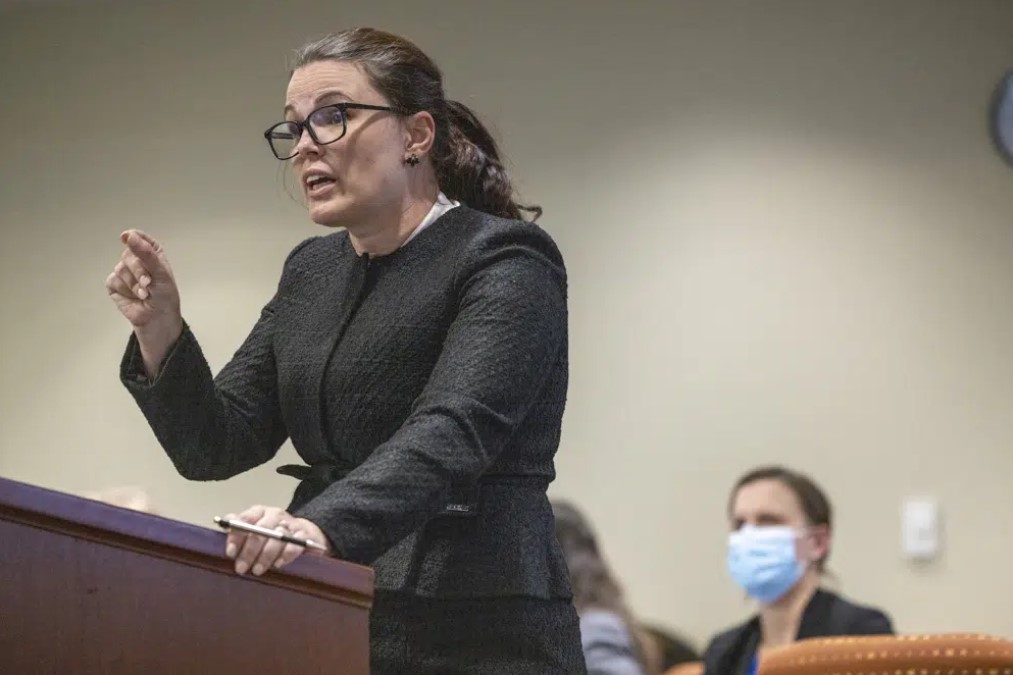
Voting Rights Lawyer To Fill N. Carolina Appeals Court SeatWritten by THE ASSOCIATED PRESS A longtime voting rights attorney will be appointed to the North Carolina Court of Appeals, Democratic Gov. Roy Cooper said Thursday, filling a vacancy when Judge Richard Dietz moves to the state Supreme Court next month. Allison Riggs, a co-leader of the Southern Coalition for Social Justice in Durham, has […]
![]()
Hillsborough: Weather Response and Voting RightsHillsborough Mayor Jenn Weaver joins 97.9 The Hill's Brighton McConnell on Tuesday, January 18. She discusses the winter weather seen across North Carolina in the last weekend, as well as the local governments' response. Plus: Weaver shares her thoughts on voting rights legislation being proposed in Congress, as well as the ongoing redistricting lawsuit in the state.
›

